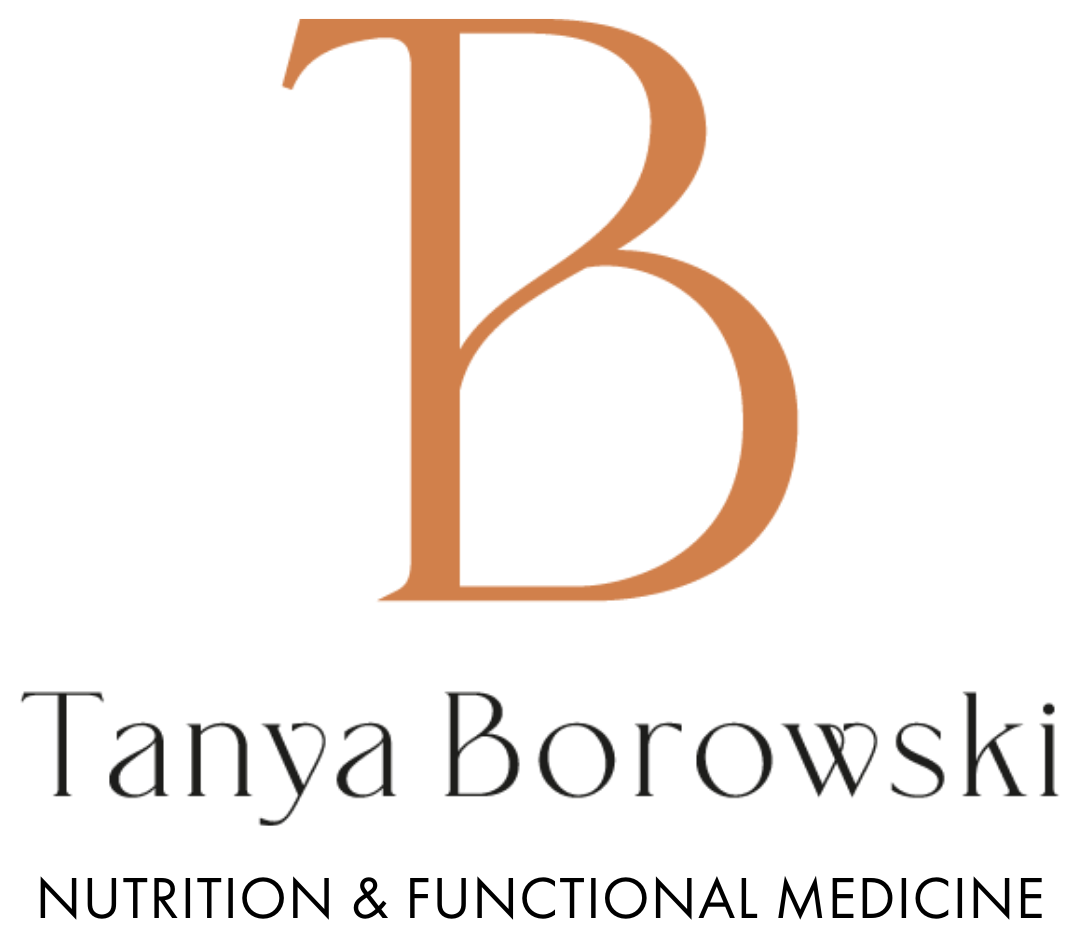Are you Iron Deficient or Hypothyroid?
Iron deficiency is one of the most common nutrient deficiencies in the world, and many symptoms overlap with Hashimoto’s disease and hypothyroidism, making it difficult to ascertain what is the chicken or the egg, so to speak.
Ferritin is the storage form of iron, found in many body cells, but especially those in the liver, spleen, and bone marrow, thereby plays a significant role in the absorption, storage, and release of iron. As the storage form, ferritin remains in the body tissues until it is needed to make red blood cells, which carry oxygen around the body.
Weakness, fatigue, difficulty in concentrating, and poor work productivity are nonspecific symptoms ascribed to low delivery of oxygen to body tissues.
A simple ferritin level blood test can reveal if your iron stores are low and need to be increased.
What are the symptoms of low ferritin ?
Increased heartbeat
Cold hands and feet
Difficulty breathing
Dry skin and hair
Poor short-term memory
Difficulty remembering names
Weakness
Fatigue
Difficulty concentrating
Poor work productivity
Dizziness
Restless legs
Pounding in the ears
Brittle nails
Headaches
Strikingly similar if not identical to hypothyroidism!
What causes iron deficiency and low ferritin?
This can be divided into 3 categories:
Not consuming adequate amounts of heme iron: if someone is vegan/vegetarian or athletes who engage regularly in intense exercise
There is poor absorption of iron: In individuals with atrophic gastritis, those that use regular antacid medications (as stomach acid is required to absorb iron) and if you have gut problems that are causing malabsorption of nutrients such as celiac disease , colitis , crohns or if harbouring parasite or H-pylori infections then ferritin levels may well be low.
When there is chronic blood loss: Due to heavy menstrual bleeding, surgeries, accidents or in childbirth
Thyroid-Iron-Thyroid relationship
Iron on thyroid:
Iron is required in the production of the thyroid hormones T4 and T3 in the thyroid gland. Specifically, the enzyme, thyroid peroxidase (TPO) enzyme that facilitates the process of generating thyroid hormone dependent upon iron, and so when stores become low, TPO becomes less active and the production line slows down. As does the conversion of T4 (thyroxine) into the most active thyroid hormone T3 (triiodothyronine), and the binding of T3 to receptors is even modified. Basically low iron stores affect the production, conversion, and utilisation of thyroid hormone.
Studies also show that low ferritin levels cause an increase in rT3, which is an inactive form of T3 that binds to T3 receptors blocking T3 from binding and performing its magic. Low ferritin can increase TSH levels, indicating hypothyroidism. As this study showed, once Thyroid hormone replacement was given ferritin levels increased .
The question of whether or not to supplement with iron alone has to be unravelled between you and your healthcare provider, but if you are not responding to iron supplementation then you may need thyroid hormone replacement.
Thyroid on iron:
Hypothyroidism can lead to reduced levels of hydrochloric acid in the stomach (as can taking anti-acid medications mentioned previously) leading in turn to poor iron absorption.
Hypothyroidism can also result in lowered body temperature causing fewer red blood cells to be produced by the temperature-sensitive bone marrow.
Thyroid hormone is also required for the proper utilisation of iron in the liver. Too little thyroid hormone (as mentioned previously) can lower ferritin levels but too much thyroid hormone such as in Graves’ disease will increase ferritin levels sometimes above normal. In fact, any form of chronic inflammation will cause the liver to release excessive levels of ferritin as an acute phase reactant.
An acute phase reactant is a term used for a marker of acute and chronic inflammation and is nonspecifically elevated in a wide range of inflammatory conditions, including chronic kidney disease, rheumatoid arthritis and other autoimmune disorders , acute infection, and in extreme and very high levels malignancy.
What are optimal ferritin levels for thyroid health?
Lab ranges are very broad, set at 15-150 ng/ml for adult women and 30-400 ng/ml for adult men.
I have been taught to look for a ferritin level of 70-150 for best health such as thyroid health, luscious hair growth, energy delivery and more. Some women need to have a ferritin level at 90 or above to start seeing hair regrowth, to normalise thyroid function, and to really feel better.
Other important markers to run on a blood test are :
Serum iron
% iron saturation
TIBC (Total iron binding capacity)
Remember I talked about ferritin also being an acute phase reactant, a marker of chronic inflammation - well If you only check ferritin without the above markers then you’re not getting the complete picture. If the above markers are elevated with a normal or low ferritin, then “we” need to dig deeper for the cause of inflammation, and supplementing with iron is NOT a good idea. Why? - if these three are elevated then your blood and cells are saturated with iron but it isn’t being used properly by your body. And excess iron is oxidative/ inflammatory. You don’t want to add more iron into a system that is overly saturated.
If however the % iron saturation and TIBC are low and your serum iron is normal or low along with a low ferritin, then it can be safe to start supplementing with iron. BUT please work with a healthcare provider that can interpret these makers properly.
A note on too much iron?
Most common cause of too much iron in your body is a genetic condition known as hemochromatosis. This disease means that your body absorbs too much iron, and it builds-up in huge quantities, which if left unchecked results in organ failure. Hemochromatosis is handled by a gastroenterologist or haematologist who will have you do frequent therapeutic phlebotomies to reduce your iron levels.
Optimal Testing
As always, having the complete picture and looking at patterns of what the blood test is telling us is the best way to work. As a bare minimum running a CBC (complete blood count), a full iron profile: ferritin, total iron binding capacity (TIBC), transferrin saturation (FESA), total iron and unsaturated iron binding capacity (UIBC), a Comprehensive Thyroid assessment that provides a thorough analysis of thyroid hormone metabolism, central thyroid gland regulation and activity, thyroid production and secretion, peripheral thyroid conversion, and thyroid autoimmunity and vitamin D.
And as always, work with someone you trust and take the time to understand your personal situation and case history, a truly integrative approach!
As always, in health
Tanya x

